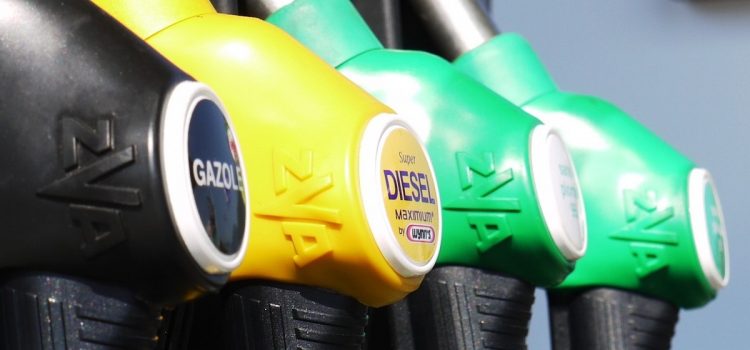

This article is an excerpt from the Shortform book guide to "False Alarm" by Bjørn Lomborg. Shortform has the world's best summaries and analyses of books you should be reading.
Like this article? Sign up for a free trial here.
Why do we need fossil fuels? What’s the Green Road? Which option is ultimately better for the planet?
On a global scale, we can take various paths to combat climate change. Activists say we should reduce emissions by investing in green energy and minimizing fossil fuel usage. Bjorn Lomborg says we should increase reliance on fossil fuels to spark economic growth.
Keep reading to learn how fossil fuels could be the surprising solution to climate change.
Why Do We Need Fossil Fuels?
Why do we need fossil fuels? Lomborg contends that they’re the only viable path to economic growth and, ultimately, to tackling climate change. To defend this claim, he cites a 2017 study from the UN’s climate panel, which modeled “shared socioeconomic pathways” for the future—global approaches to climate change we could take in the next century. They found the two most promising pathways were the so-called Green Road and Conventional Development; the former involves reducing our environmental footprint by reducing fossil fuel consumption, while the latter sees us create strong global markets and use fossil fuels heavily to support rapid development.
(Shortform note: Although climate scientists widely discuss these shared socioeconomic pathways, some have proposed moving toward more nuanced approaches. For instance, some researchers consider strategies for transitioning to clean energy tailored to individual countries, like China and Mexico. These strategies, they argue, provide more actionable approaches to climate change for specific governments.)
Lomborg concedes that the Green Road has its advantages: It sees GDP per person increase 600% by 2100, to $106,000. But, according to the UN’s climate panel, Conventional Development sees GDP increase 1040%, to $182,000.
(Shortform note: Another influential study points to a similar conclusion, but with slightly different results: Fossil-Fueled Development will increase GDP per capita to $140,000 by 2100, while Sustainable Development increases it to $80,000. With this estimation, the consensus remains the same: Sustainable Development will yield lower GDP per capita than Fossil-Fueled Development by 2100.)
Lomborg recognizes, however, that the Green Road will raise the temperature by only 5.8°F in 2100, while Conventional Development will raise the temperature by 8.7°F. To adjust for this difference, Lomborg returns to DICE, which estimates that a 5.8°F temperature increase will reduce global GDP by 2.5%, while an 8.7°F increase will reduce global GDP by 5.7%. In other words, the Green Road’s environmental impact will reduce GDP per capita by $3,000, while Conventional Development will reduce it by $11,000.
Taking this reduction into account, the Green Road sees GDP per person increase to $103,000, and Conventional Development sees it increase to $172,000. So, even accounting for the damage from climate change, Conventional Development is the more prosperous path. Lomborg concludes that climate activists’ preferred approach is not the best path forward.
| Extending Shared Socioeconomic Pathways to 2500 While Lomborg evaluates competing pathways in terms of projections for 2100, other researchers propose extending projections to 2500. Because some harms might not be evident until 2500, they argue that examining the effects of pathways in 2100 could lead to shortsighted decisions. For example, one study found that carbon emissions will plateau by 2150 under Sustainable Development, but they’ll keep increasing until 2250 under Fossil-Fueled Development. Consequently, temperatures will rise for longer and at a higher rate under Fossil-Fueled Development than they will under Sustainable Development. Since projections that only go to 2100 don’t represent this information, their pictures of the future costs of climate policies are incomplete. |

———End of Preview———
Like what you just read? Read the rest of the world's best book summary and analysis of Bjørn Lomborg's "False Alarm" at Shortform.
Here's what you'll find in our full False Alarm summary:
- Why climate change isn't as cataclysmic as people think
- The unintended costs that come with climate activists’ proposed approaches
- A look at the most promising approaches to climate change






